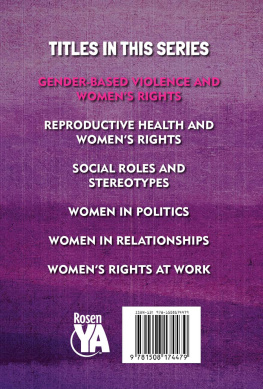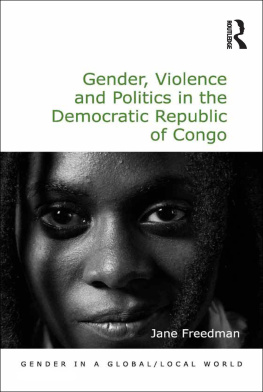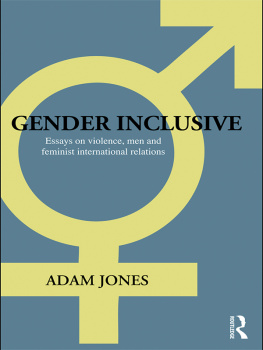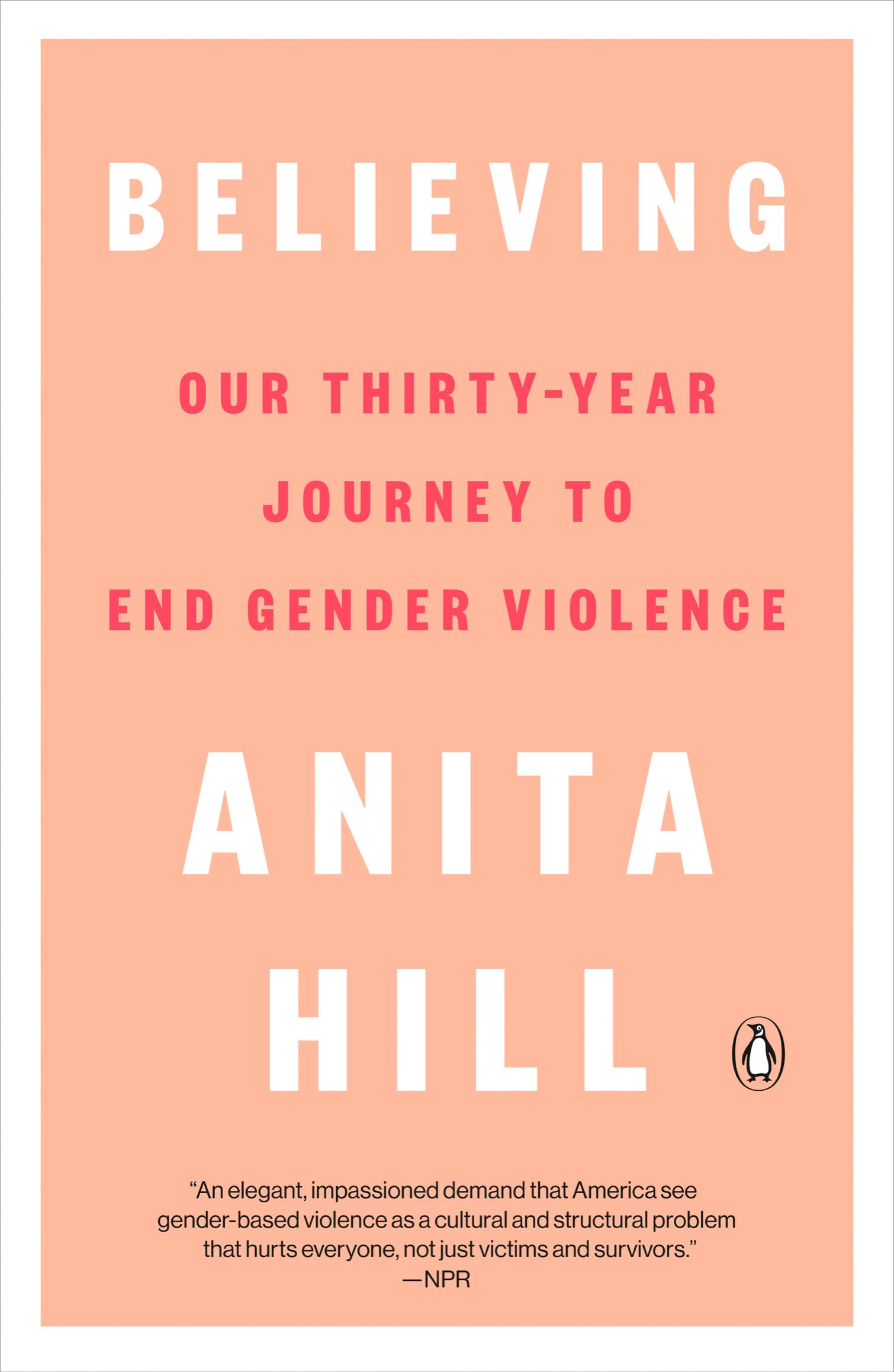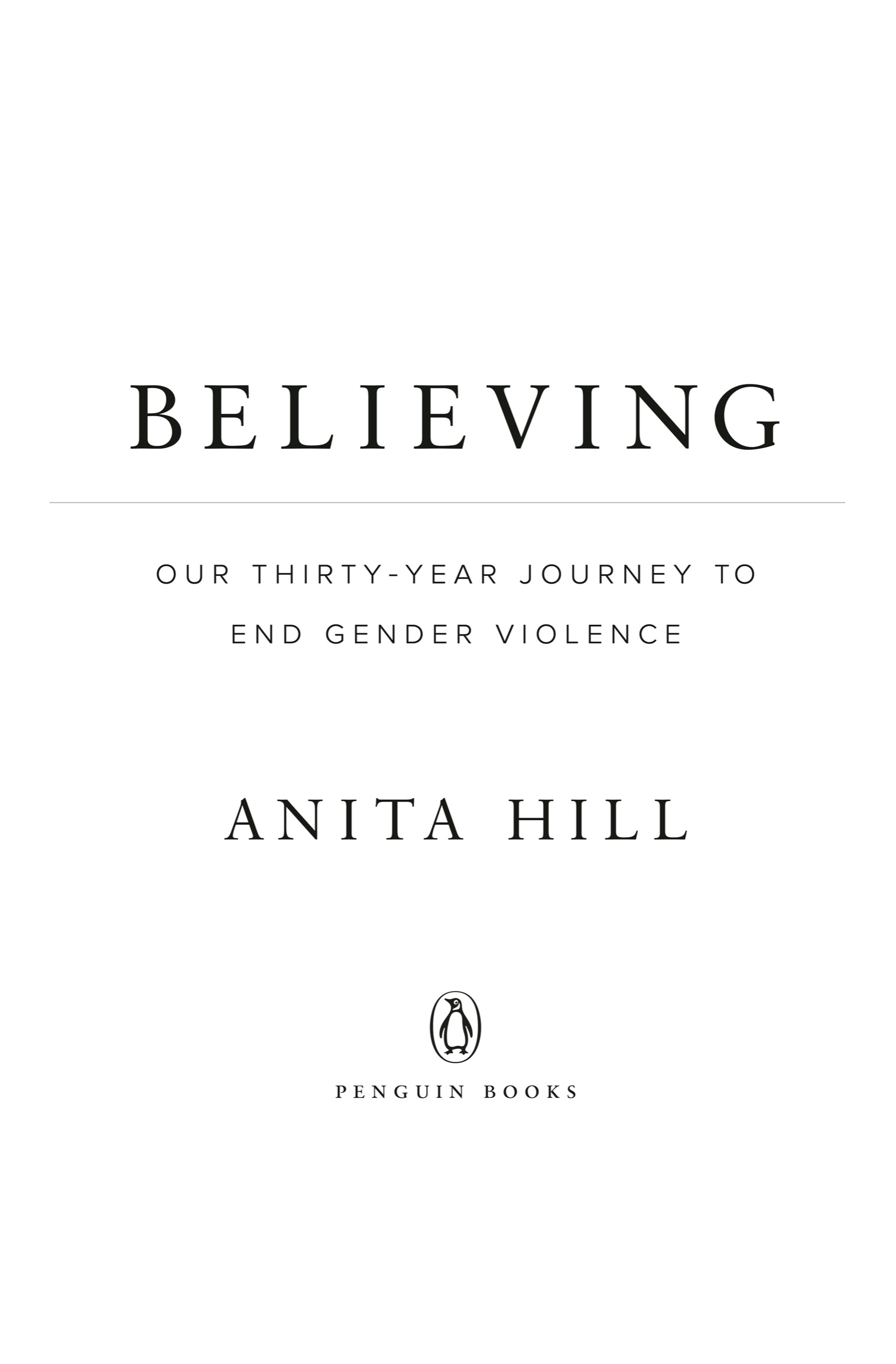Anita Hill - Believing: Our Thirty-Year Journey to End Gender Violence
Here you can read online Anita Hill - Believing: Our Thirty-Year Journey to End Gender Violence full text of the book (entire story) in english for free. Download pdf and epub, get meaning, cover and reviews about this ebook. year: 2021, publisher: Penguin Publishing Group, genre: Home and family. Description of the work, (preface) as well as reviews are available. Best literature library LitArk.com created for fans of good reading and offers a wide selection of genres:
Romance novel
Science fiction
Adventure
Detective
Science
History
Home and family
Prose
Art
Politics
Computer
Non-fiction
Religion
Business
Children
Humor
Choose a favorite category and find really read worthwhile books. Enjoy immersion in the world of imagination, feel the emotions of the characters or learn something new for yourself, make an fascinating discovery.
- Book:Believing: Our Thirty-Year Journey to End Gender Violence
- Author:
- Publisher:Penguin Publishing Group
- Genre:
- Year:2021
- Rating:3 / 5
- Favourites:Add to favourites
- Your mark:
Believing: Our Thirty-Year Journey to End Gender Violence: summary, description and annotation
We offer to read an annotation, description, summary or preface (depends on what the author of the book "Believing: Our Thirty-Year Journey to End Gender Violence" wrote himself). If you haven't found the necessary information about the book — write in the comments, we will try to find it.
Winner of the 2022 ABA Silver Gavel Award for Books
From the woman who gave the landmark testimony against Clarence Thomas as a sexual menace, a new manifesto about the origins and course of gender violence in our society; a combination of memoir, personal accounts, law, and social analysis, and a powerful call to arms from one of our most prominent and poised survivors.
In 1991, Anita Hill began something thats still unfinished work. The issues of gender violence, touching on sex, race, age, and power, are as urgent today as they were when she first testified. Believing is a story of Americas three decades long reckoning with gender violence, one that offers insights into its roots, and paths to creating dialogue and substantive change. It is a call to action that offers guidance based on what this brave, committed fighter has learned from a lifetime of advocacy and her search for solutions to a problem that is still tearing America apart.
We once thought gender-based violencefrom casual harassment to rape and murderwas an individual problem that affected a few; we now know its cultural and endemic, and happens to our acquaintances, colleagues, friends and family members, and it can be physical, emotional and verbal. Women of color experience sexual harassment at higher rates than White women. Street harassment is ubiquitous and can escalate to violence. Transgender and nonbinary people are particularly vulnerable.
Anita Hill draws on her years as a teacher, legal scholar, and advocate, and on the experiences of the thousands of individuals who have told her their stories, to trace the pipeline of behavior that follows individuals from place to place: from home to school to work and back home. In measured, clear, blunt terms, she demonstrates the impact it has on every aspect of our lives, including our physical and mental wellbeing, housing stability, political participation, economy and community safety, and how our descriptive language undermines progress toward solutions. And she is uncompromising in her demands that our laws and our leaders must address the issue concretely and immediately.
Anita Hill: author's other books
Who wrote Believing: Our Thirty-Year Journey to End Gender Violence? Find out the surname, the name of the author of the book and a list of all author's works by series.




